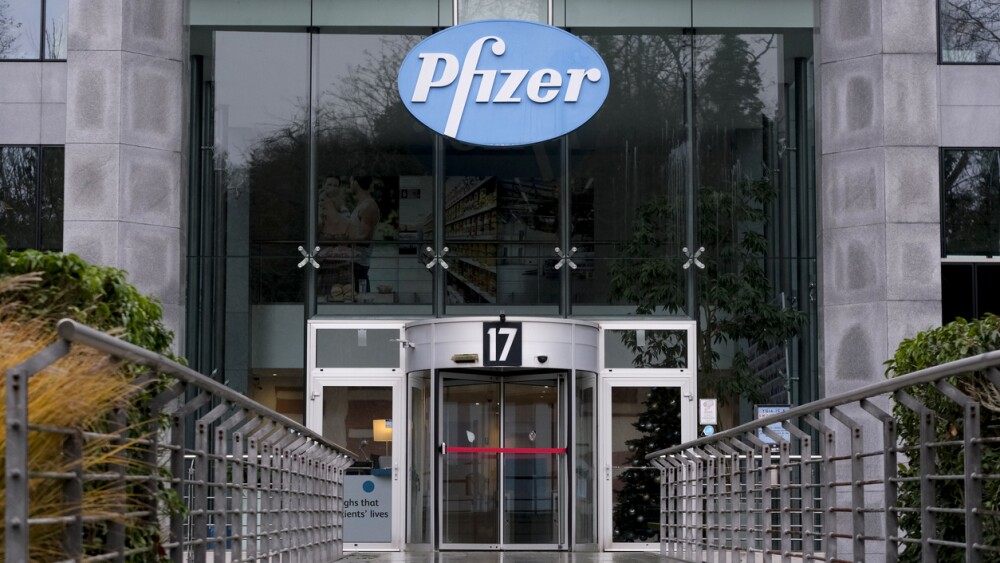November 24, 2014
By Mark Terry, BioSpace.com Breaking News Staff
Whitehouse Station, N.J.-based Merck & Co. and Ames, Iowa-based NewLink Genetics announced today that the two companies have penned an agreement to develop, manufacture and distribute NewLink’s Ebola vaccine candidate.
Last Friday NewLink had confirmed they were in discussions with Merck, but no details were released.
The vaccine candidate, rVSV-EBOV, was developed by the Public Health Agency of Canada (PHAC) and is now in Phase 1 clinical trials. The U.S. National Institutes of Health (NIH) have announced they will begin a randomized, controlled Phase III trial in 2015 of the vaccine, as well as another Ebola vaccine co-developed by the National Institute of Allergy And Infectious Diseases (NIAID) and GlaxoSmithKline .
“Effective Ebola vaccines will be a critical component of comprehensive prevention and control measures for people at risk of Ebola virus infection and to stem future outbreaks globally,” said Merck Vaccines president, Julie Gerberding, in a statement. “Merck is committed to applying our vaccine expertise to address important global health needs and, through our collaboration with NewLink, we hope to advance the public health response to this urgent international health priority.”
The rVSV-EBOV is part of NewLink’s rVSV Vaccine Platform, which utilizes an attenuated strain of a vesicular stomatitis virus. A piece of the Ebola virus genetic code is inserted into the vesicular stomatitis virus, causing it to produce an Ebola virus protein. This stimulates the immune system to produce antibodies against the Ebola virus.
There has been criticism of the speed at which NewLink has been moving on the vaccines from a number of scientists, researchers and politicians. Amir Attaran, a professor at the University of Ottawa, recently published a letter in the British medical journal The Lancet asking that Canada withdraw from the NewLink agreement so they could ink an agreement with a company—like Merck—that has significant vaccine manufacturing capabilities.
Despite the criticism, NewLink has moved forward with unprecedented speed. The vaccine is currently in five different human clinical trials. In a 10-day period, NewLinks’s staffers were able to get U.S. Food and Drug Administration approval within four days. “I think for the lay public it’s a little tougher for them to understand what’s behind the curtain in that development process,” said NewLink CEO Charles Link in an Ottawa Citizen article last week.
Under the Merck agreement, Merck will receive exclusive rights to the rVSV-EBOV vaccine candidate, as well as any additional related products. The PHAC will retain non-commercial rights.
“This vaccine is the result of years of hard work and innovation by Canadian scientists,” said Rona Ambrose, Canada’s minister of health in a statement. “We are pleased that this new alliance coupled with the clinical trials currently underway will further strengthen the possibility that the vaccine will make a difference in the global response to the Ebola outbreak.”





